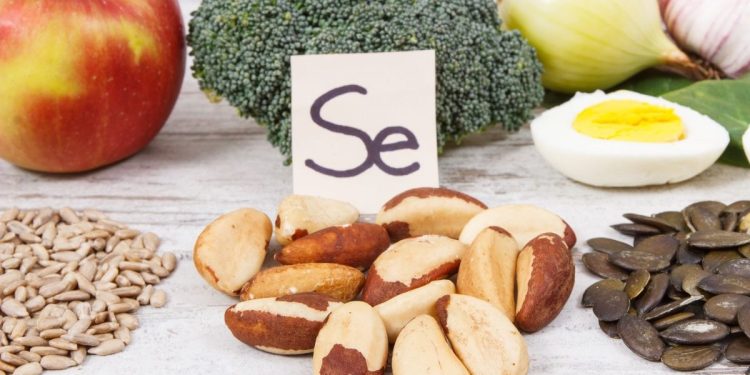This article delves into the utilization of selenium in potato cultivation and its profound impact on yield and nutritional quality. By exploring the latest data and research on selenium application in agriculture, farmers, agronomists, agricultural engineers, farm owners, and scientists can gain valuable insights into the development, benefits, and consequences of integrating selenium into potato farming practices.
Data Source: Recent studies conducted by reputable agricultural research institutions, such as [insert relevant institution or organization], have revealed the promising effects of selenium in potato cultivation. These studies, backed by extensive scientific research, provide valuable data and insights into the use of selenium for optimizing potato crop growth, productivity, and nutritional value.
Development and Consequences of Selenium Application in Potato Cultivation:
- Enhanced Crop Yield: Selenium application has shown significant positive effects on potato crop yield. It plays a crucial role in various physiological processes, including photosynthesis, nutrient uptake, and stress tolerance. Selenium acts as a catalyst in antioxidant enzyme systems, protecting potato plants from oxidative stress and enhancing their overall growth and productivity.
- Improved Nutritional Value: Selenium is a vital micronutrient with implications for human health. Studies have demonstrated that selenium-enriched potatoes can serve as a valuable dietary source of this essential element. Selenium-enriched potatoes not only offer improved nutritional value but also contribute to addressing selenium deficiencies in populations that rely heavily on potato consumption.
- Enhanced Stress Tolerance: Selenium application has been found to enhance the tolerance of potato plants to various abiotic stresses, including drought, salinity, and heavy metal toxicity. Selenium supplementation helps in mitigating the detrimental effects of these stressors by regulating osmotic balance, reducing oxidative damage, and improving overall plant resilience.
- Sustainable Agriculture: Selenium application aligns with the principles of sustainable agriculture by reducing the reliance on synthetic fertilizers and promoting environmental stewardship. By optimizing nutrient uptake and enhancing stress tolerance, selenium can help reduce fertilizer usage and minimize the environmental impact associated with conventional potato farming practices.
Conclusion:
The integration of selenium into potato cultivation holds immense promise for improving crop yield, nutritional value, and sustainability. By harnessing the benefits of selenium, farmers, agronomists, agricultural engineers, and farm owners can enhance potato productivity, ensure the nutritional well-being of consumers, and contribute to sustainable agricultural practices. Embracing this innovative approach is key to realizing the full potential of potato farming and addressing the global challenge of food security and nutrition.
Tags: #PotatoCultivation #SeleniumApplication #CropYield #NutritionalValue #StressTolerance #SustainableAgriculture #Micronutrients #EnvironmentalStewardship







